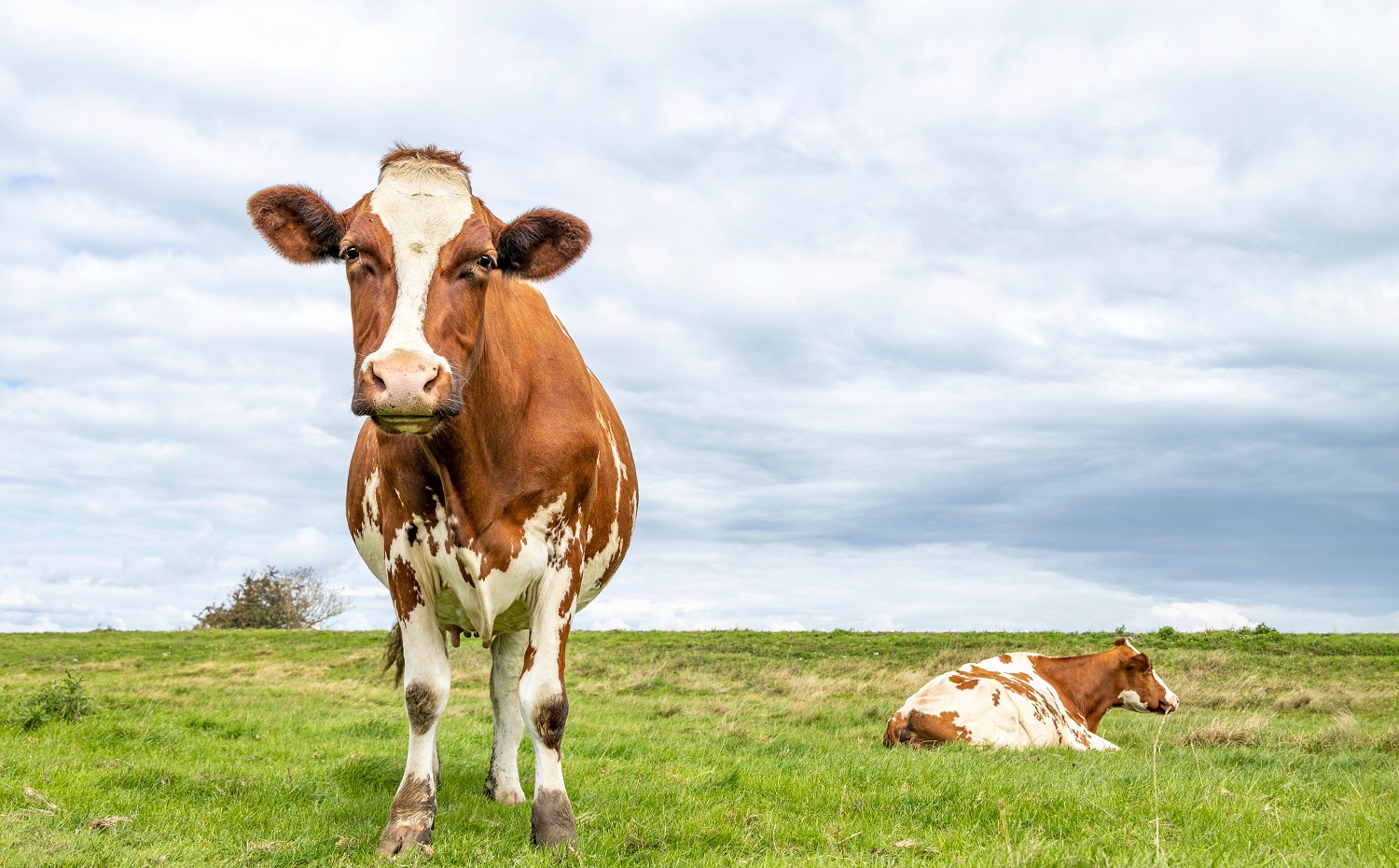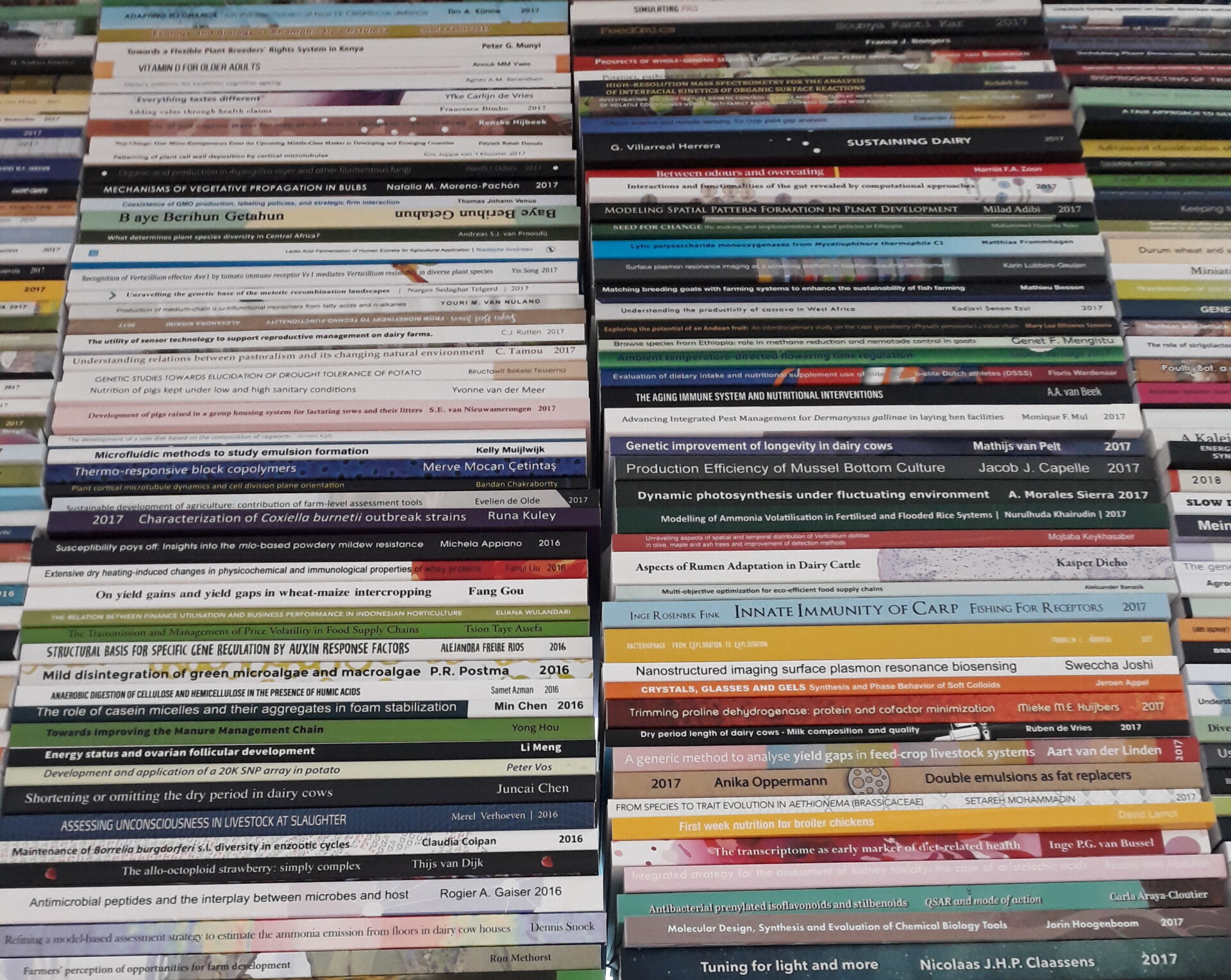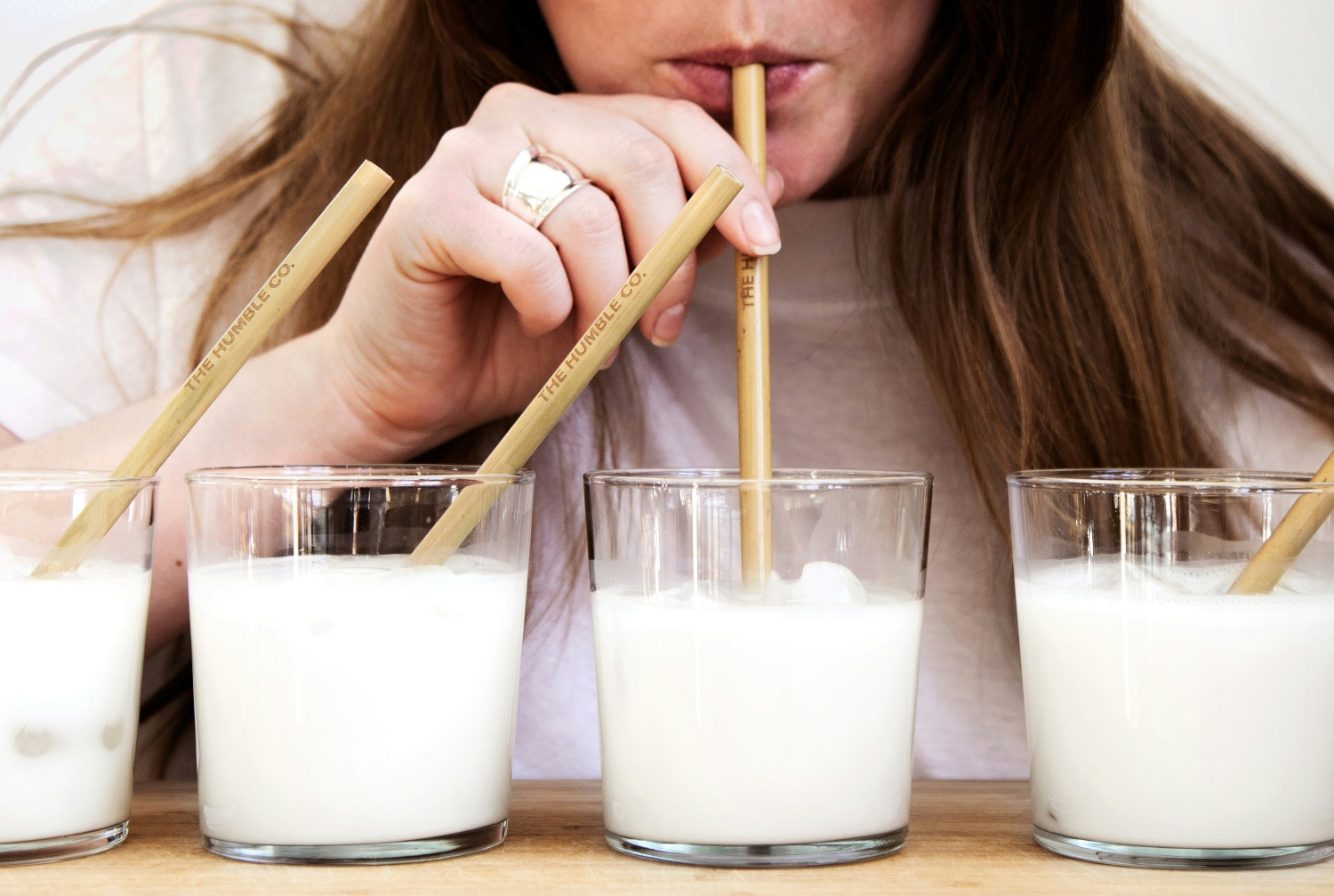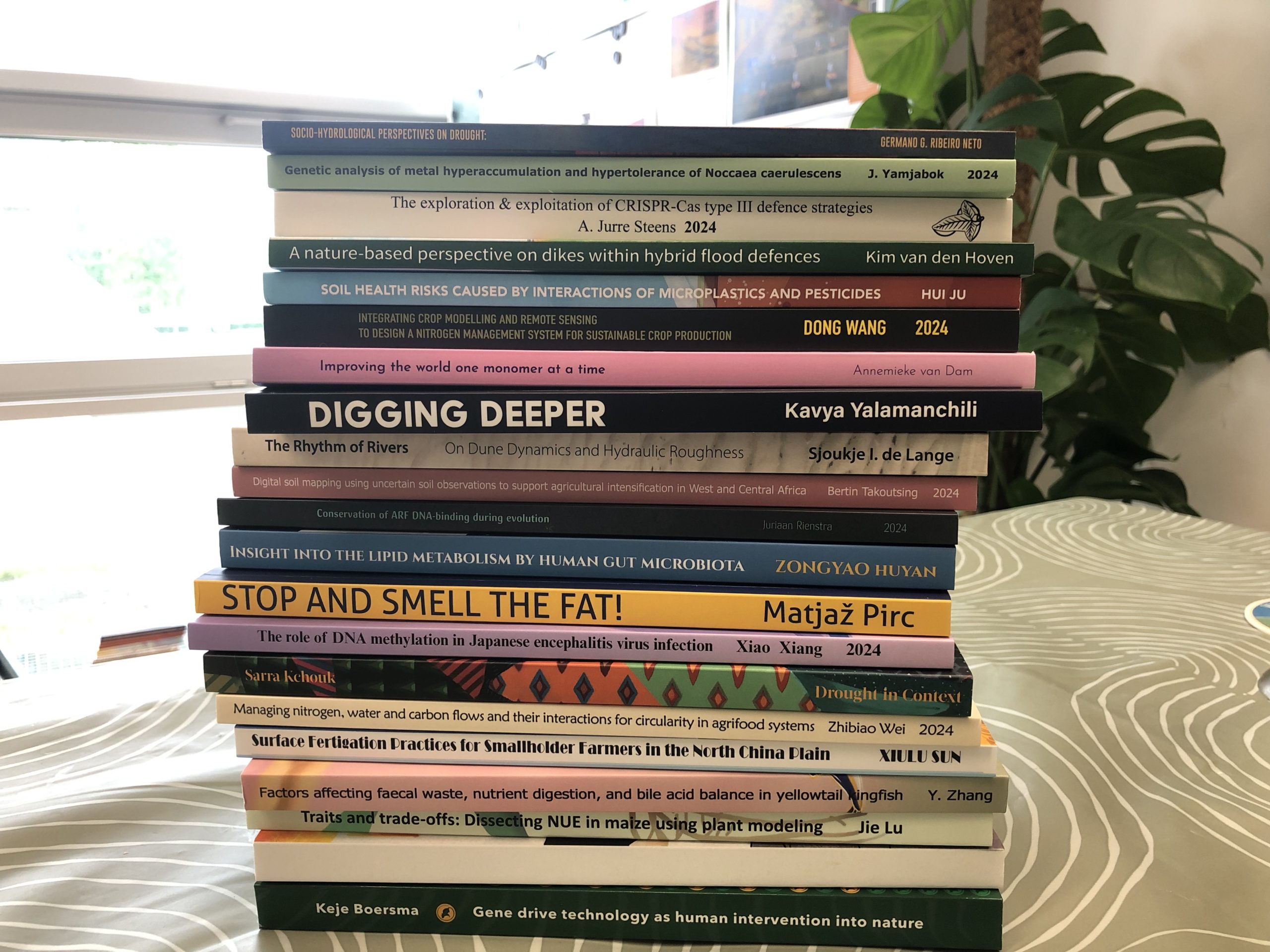A group led by WUR is going to attempt this. The study on animal-free lactoprotein is one of the projects funded by the Dutch Research Agenda (Dutch acronym NWA-ORC).
Wageningen is involved in 6 of the 21 projects. The ‘milk research’ project aims to produce milk without involving cows. It can be done, according to Etske Bijl of Food Quality and Design, by genetically altering yeast to produce casein.
Clotting
A consortium of businesses and universities led by Bijl will work on this study over the coming five years. Not just to get the yeast to produce casein, but also to get the lactoprotein to clot in the same way milk does. The structure, the forming of micelles, is essential to the success of the product, according to Bijl.
Existing products made from plant-based proteins are nothing like real milk
Etske Bijl, Food Quality & Design
‘The existing products made from plant-based proteins are nothing like real milk’, Bijl says. ‘This is due to the clustering of casein in micelles.’ The 1.7 million euro project has three stages: creating yeast that can produce casein, tweaking the protein to form micelles, and processing it into products.

In addition to Bijl, professor of Soil Geography and Landscape Jakob Wallinga was also awarded funding. Under his supervision, a varied group of scientists, governments and private individuals are to study how the sandy soils in the east and south of the country can be made climate-proof. ‘The droughts in recent years have made it clear that the current use causes problems’, Wallinga explains.
‘There are some ideas on what the landscape should look like in the future, but whether this is feasible remains to be seen,’ he says. ‘In this project, we will study which functions go together, how these fit in with the landscape, and whether this fits in with the changing climate and the desire to move towards circular agriculture.’ To this end, so-called testing gardens will be set up. Wallinga’s project was awarded 1.9 million euros.
Limes
Wallinga is also involved in the project that aims to improve the habitat of tigers in the Himalayas through better landscape management. Moreover, the Research Agenda has made funds available for Wageningen toxicology research on the development of animal-free testing methods (organs on chip), and risk analysis of substances. Finally, Wageningen also participates in a funded study on the formation of the Roman empire’s border the Limes.

 Photo: Shutterstock
Photo: Shutterstock 

